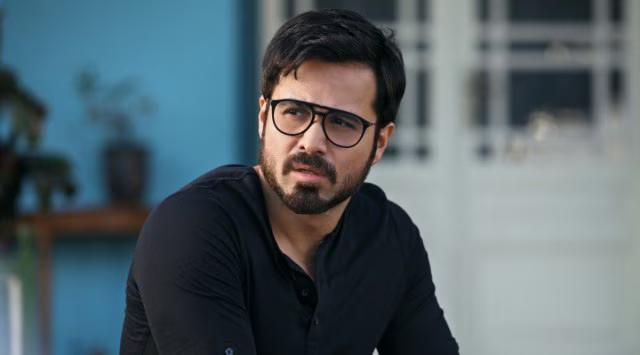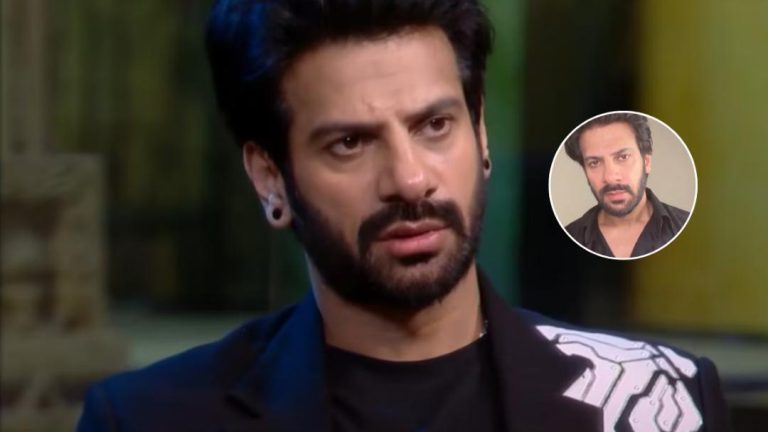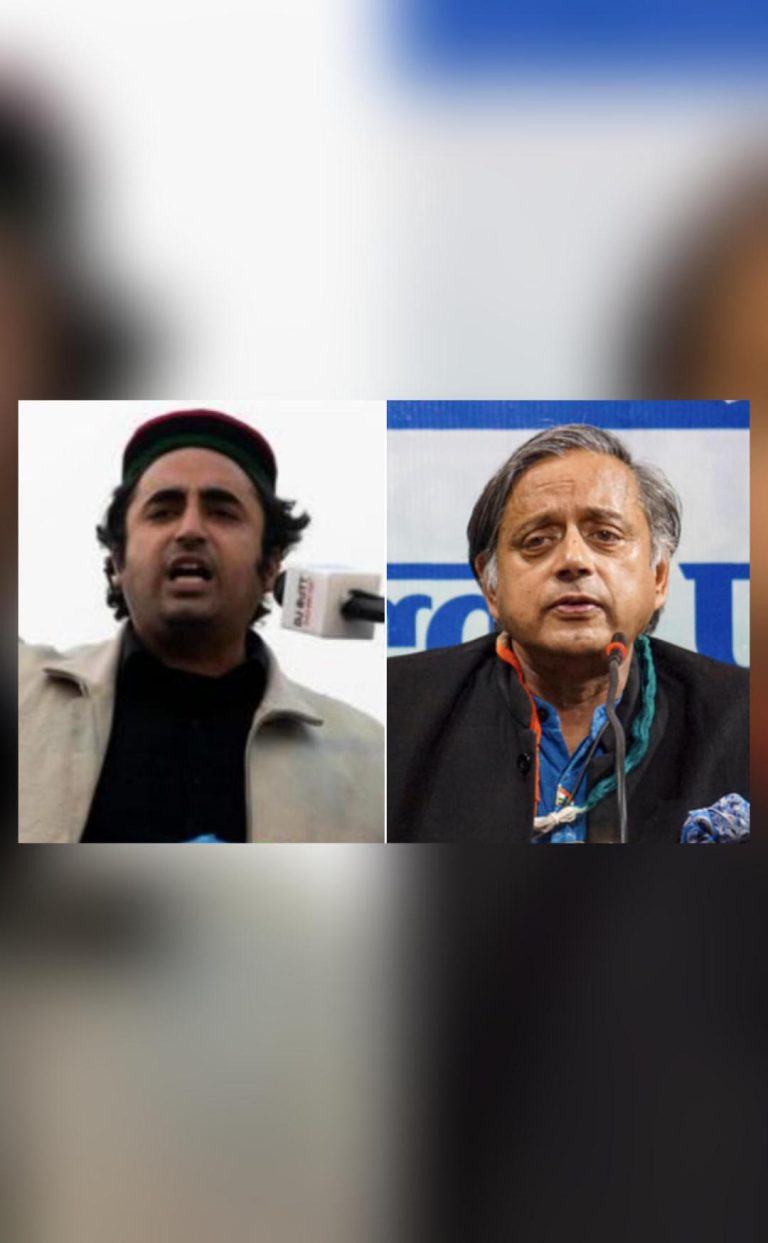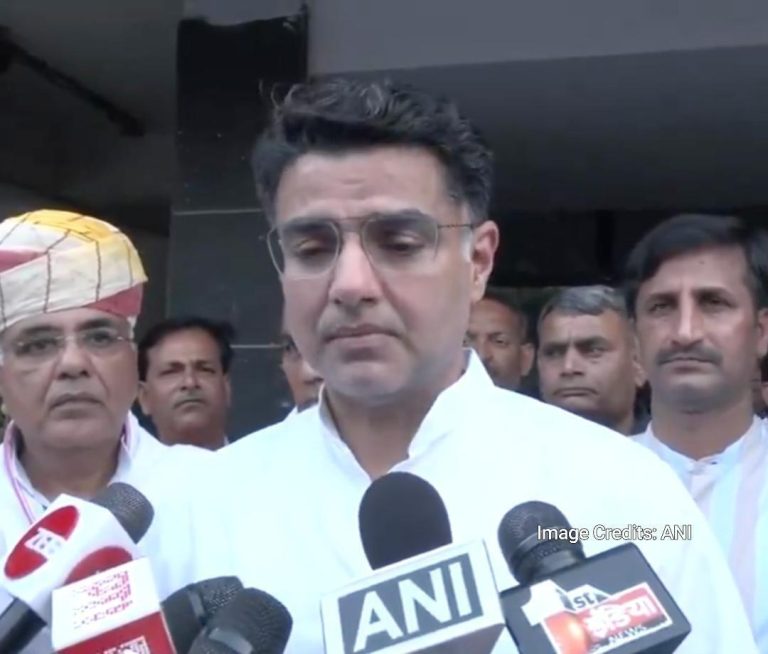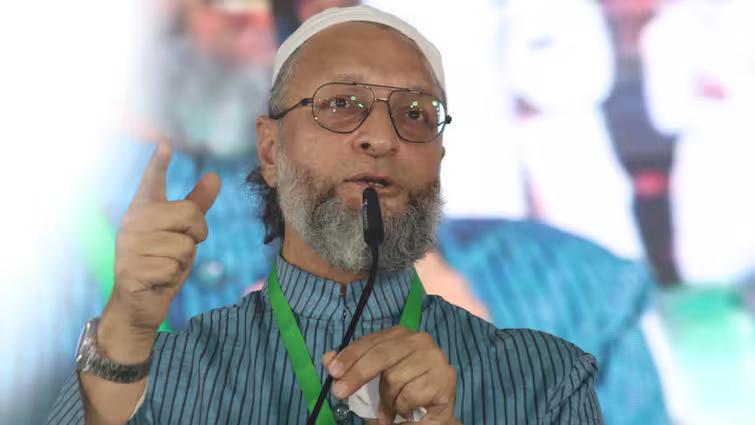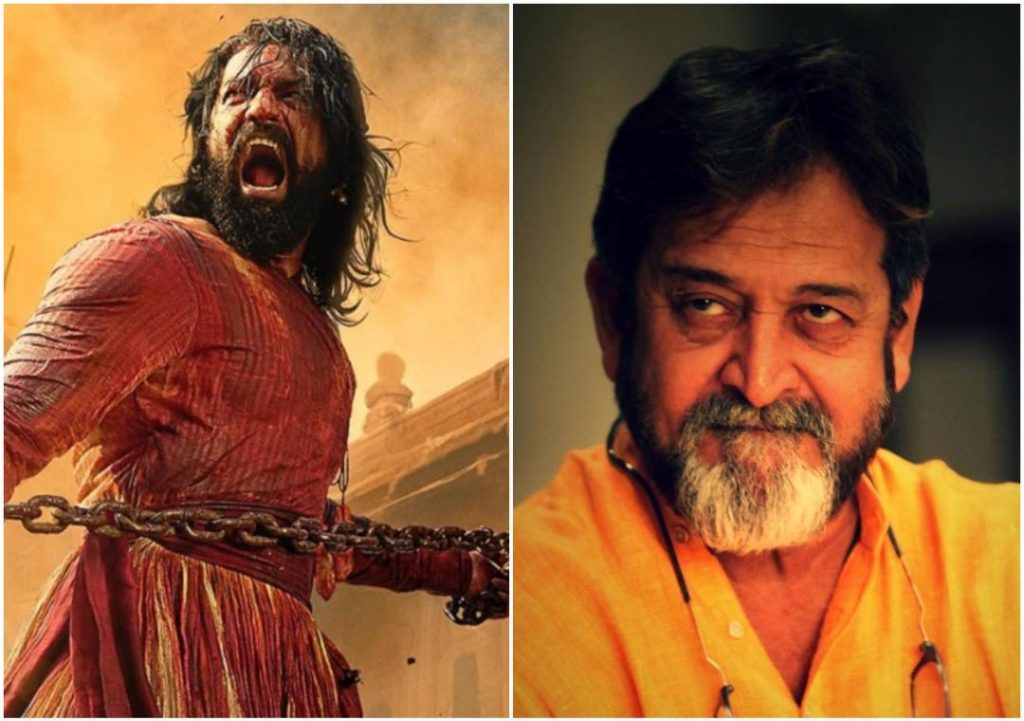
Vicky Can Never Say People Came to See Him in ‘Chhaava’: Manjrekar
The Bollywood industry is always buzzing with gossip and critiques. Lately, actor Mahesh Manjrekar has sparked a debate by stating that Vicky Kaushal can never say that people came to see him in the film ‘Chhaava’. This statement has left many wondering what Manjrekar meant by it. In this blog post, we will delve into the context of his statement and explore what it might be implying.
For the uninitiated, ‘Chhaava’ is a massive commercial success, having earned around ₹800 crore globally. The film’s success can be attributed to its captivating storyline, stunning visuals, and of course, Vicky Kaushal’s impressive performance. However, Manjrekar’s statement suggests that the audience’s primary interest was not Vicky Kaushal’s presence in the film, but rather the character he played.
In an interview, Manjrekar stated, “Vicky Kaushal is a very fine actor, but he can never say that people came to see him in ‘Chhaava’. Because then they would have come to see the previous five films as well. The audience came to see your character.” It is clear that Manjrekar is trying to convey that the audience’s interest in the film was not solely based on Vicky Kaushal’s star power, but rather the character he played.
This statement has raised several questions. What did Manjrekar mean by saying that the audience would have come to see Vicky Kaushal’s previous films as well? Is he implying that Vicky Kaushal’s previous films did not do well at the box office? And what does this say about the film industry’s obsession with star power?
To understand Manjrekar’s statement, we need to take a closer look at Vicky Kaushal’s filmography. Prior to ‘Chhaava’, Vicky Kaushal had appeared in several films, including ‘Masaan’, ‘Raman Raghav 2.0’, and ‘Raazi’. While these films received critical acclaim, they did not perform exceptionally well at the box office. ‘Masaan’, for instance, was a moderate success, while ‘Raman Raghav 2.0’ and ‘Raazi’ did decent business but were not massive hits.
It is likely that Manjrekar is alluding to the fact that Vicky Kaushal’s previous films did not do well at the box office, which is a common phenomenon in the film industry. Many actors face the challenge of building their fan base and establishing themselves as bankable stars. In Vicky Kaushal’s case, ‘Chhaava’ was his breakout film, and its success can be attributed to a combination of factors, including its engaging storyline, stunning visuals, and his impressive performance.
Manjrekar’s statement also highlights the film industry’s obsession with star power. In Bollywood, the success of a film often depends on the presence of a popular star. This can be seen as a double-edged sword. On one hand, a popular star can attract a massive audience and ensure a film’s commercial success. On the other hand, it can also lead to a reliance on star power, rather than focusing on the quality of the film itself.
In the case of ‘Chhaava’, it is clear that Vicky Kaushal’s star power played a significant role in its success. However, Manjrekar’s statement suggests that the audience’s primary interest was not Vicky Kaushal’s presence in the film, but rather the character he played. This is a refreshing change from the usual Bollywood formula of relying solely on star power to ensure a film’s success.
In conclusion, Manjrekar’s statement is a subtle critique of the film industry’s obsession with star power. He is highlighting the fact that Vicky Kaushal’s previous films did not do well at the box office, and that the audience’s interest in ‘Chhaava’ was not solely based on his presence in the film. This is a valuable lesson for the film industry, as it reminds us that the quality of a film is more important than the presence of a popular star.

